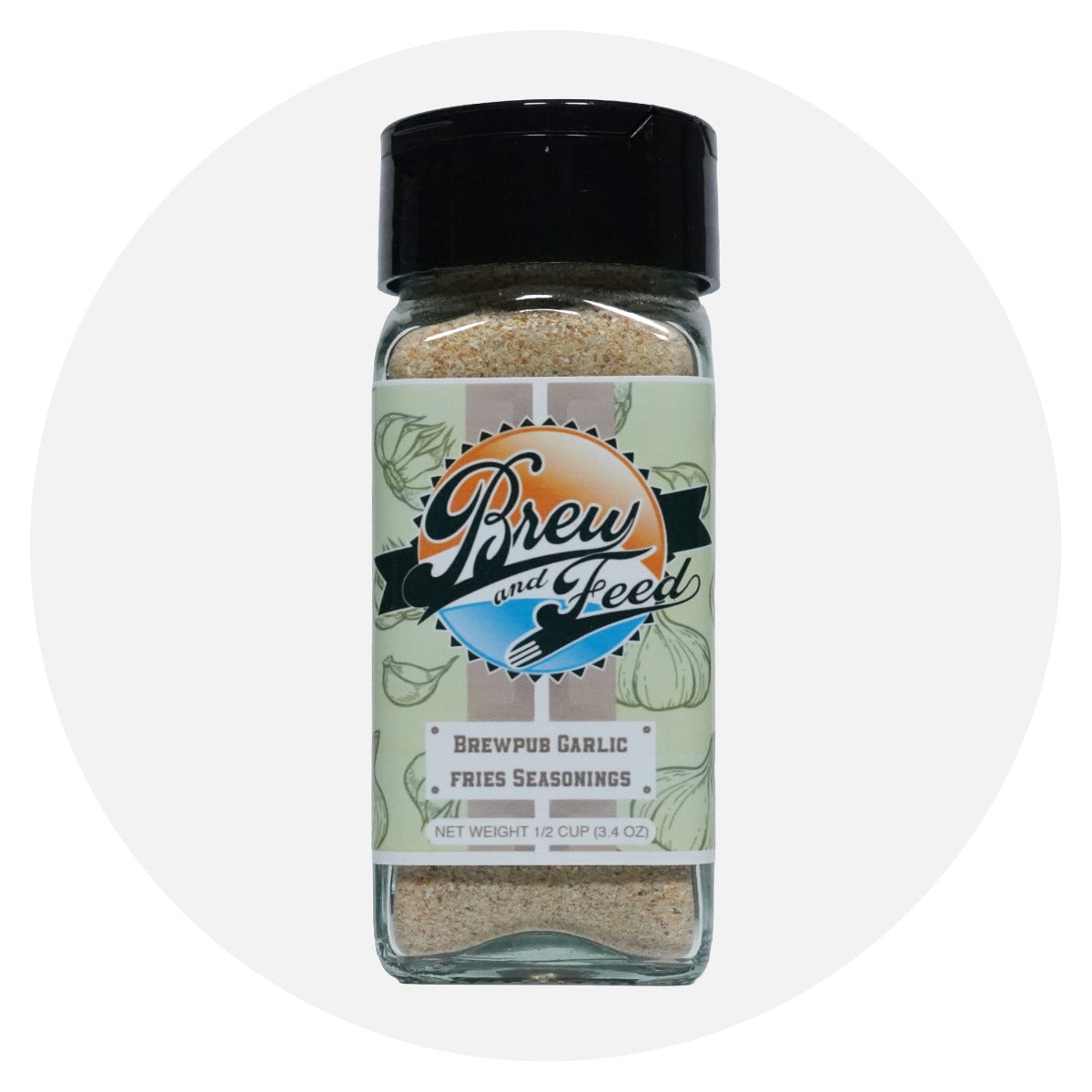
The Economics of Cooking at Home: Saving Money and Enhancing Your Life
The simple act of cooking at home might seem like a lost art. However, beyond the culinary creativity and the delicious meals, cooking at home offers significant economic benefits. By understanding the economics of home cooking, you can save money, improve your health, and contribute to a more sustainable lifestyle. This blog post delves into the various financial advantages of cooking at home.
1. Cost Savings
Lower Cost per Meal
One of the most compelling reasons to cook at home is the lower cost per meal. Ingredients bought from a grocery store, especially in bulk, are typically much cheaper than equivalent restaurant dishes. For example, a homemade pasta dish can cost a fraction of what you'd pay at a restaurant.
Bulk Buying and Storage
Purchasing staples like rice, pasta, beans, and spices in bulk can significantly reduce the cost per unit. Proper storage of these items ensures they last longer, allowing you to make multiple meals over time and maximizing your savings.
2. Reduced Food Waste
Meal Planning
Effective meal planning is key to reducing food waste. By planning your meals for the week, you can buy only what you need, minimizing the risk of food spoiling before it’s used. This careful planning translates to direct cost savings and a more efficient use of resources.
Leftovers and Reuse
Home cooking allows for better management of leftovers. Instead of letting extra food go to waste, you can repurpose it into new dishes, stretching your grocery budget further. For example, leftover roast chicken can become chicken salad or soup.
3. Health and Medical Costs
Healthier Eating
Cooking at home often results in healthier meals, as you have control over the ingredients and cooking methods. Home-cooked meals are typically lower in unhealthy fats, sugars, and sodium compared to restaurant or processed foods. This healthier eating can lead to better overall health and potentially lower medical costs over time.
Portion Control
At home, you control portion sizes, which can help prevent overeating and manage weight more effectively. This can reduce the risk of obesity-related health issues, resulting in long-term healthcare savings.
4. Time and Convenience
Batch Cooking
Batch cooking involves preparing large quantities of food at once, which can be portioned out and stored for future meals. This method saves time during the week and reduces the temptation to order takeout, which can be both time-consuming and expensive.
Multitasking
Cooking at home allows you to multitask effectively. You can prepare meals while doing other household chores, making the most of your time and increasing overall productivity.
5. Environmental Impact
Reduced Packaging Waste
Home cooking generates less packaging waste compared to takeout or pre-packaged meals, which often come with excessive plastic and paper packaging. This reduction in waste not only benefits the environment but also reduces waste disposal costs.
Energy Efficiency
Using home appliances efficiently can lower energy costs. For instance, cooking multiple dishes in the oven simultaneously or using energy-efficient appliances can reduce your utility bills.
6. Skill Development
Culinary Skills
Developing your culinary skills has long-term economic benefits. By becoming proficient in cooking, you reduce your reliance on expensive convenience foods and increase your ability to create diverse, satisfying meals from basic ingredients.
Budget Management
Regularly cooking at home encourages better budgeting habits. Planning meals and shopping strategically fosters mindful spending, a valuable financial skill that extends beyond the kitchen.
7. Social and Emotional Benefits
Family Bonding
Cooking and eating together at home can strengthen family bonds and improve overall well-being. Shared meals provide an opportunity for family members to connect, reducing the need for costly entertainment or dining out experiences.
Mental Health
The act of cooking can be therapeutic, offering a creative outlet that reduces stress. Lower stress levels can improve overall productivity and reduce costs associated with stress-related health issues.
Conclusion
The economics of cooking at home reveal a multitude of financial benefits that extend beyond the kitchen. From saving money on food and dining expenses to improving health and fostering valuable life skills, home cooking is a smart financial choice. By embracing the practice of cooking at home, you can enjoy delicious meals, enhance your quality of life, and contribute to a more sustainable future. So, dust off your apron and start reaping the economic rewards of home cooking today!




